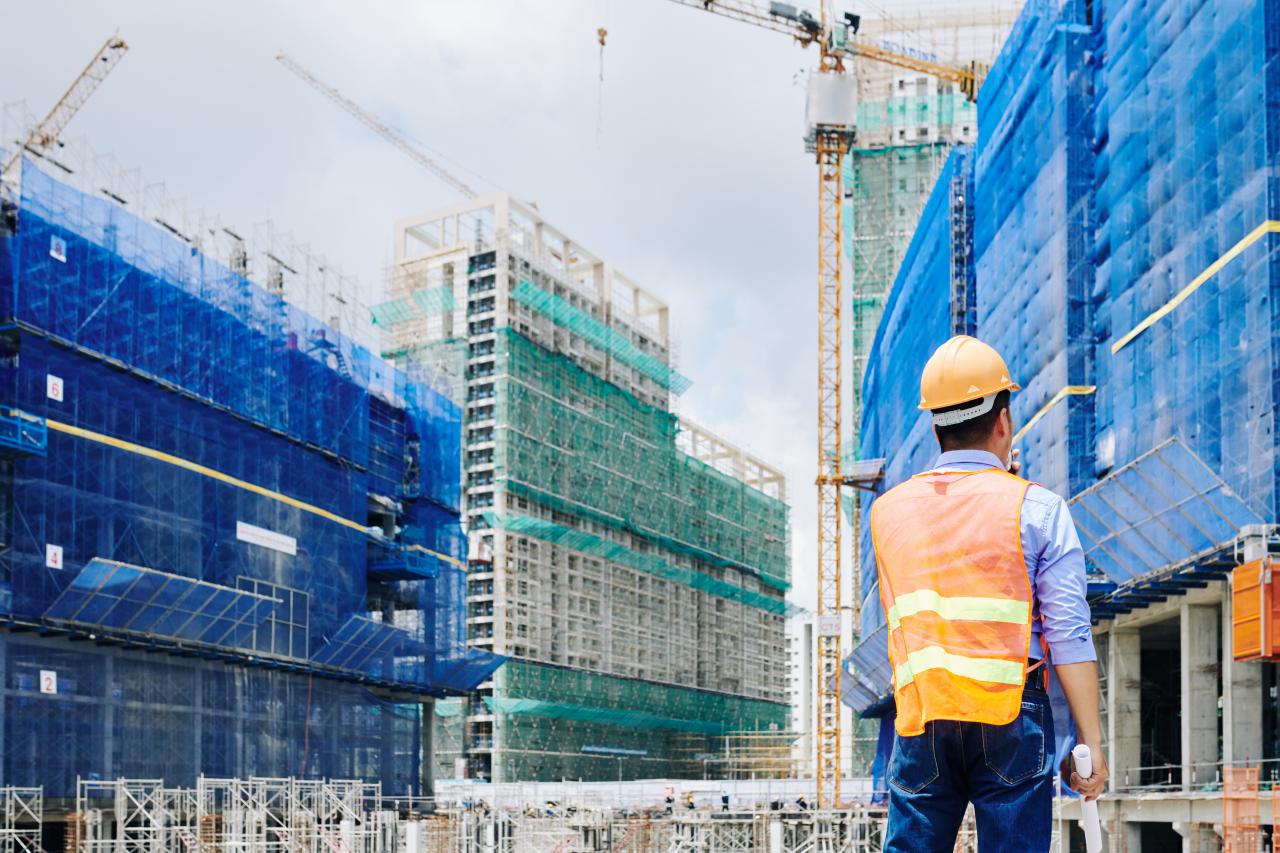Cambodia-Thailand Trade Relations Soar to New Heights in 2024
In a significant boost to regional trade relations, the trade volume between Cambodia and Thailand reached an impressive USD 10 billion in 2024. This increase, marking a rise from USD 8 billion in the previous year, underscores the strengthening economic ties between the two neighboring countries. During a pivotal meeting on March 11, 2025, Samdech […]
EU Delegation Explores Investment Opportunities in Sihanoukville
A European Union delegation comprising representatives from 12 member states met with local authorities in Sihanoukville to explore potential investment avenues in the region as it seeks to enhance economic ties and contribute to key sectors. The meeting featured HE Long Dimanche, Deputy Governor of Sihanoukville Province, who welcomed the delegation led by Mr. Andreas […]
Cambodia’s Tourism Soars with Impressive Revenue from Ticket Sales
Cambodia is celebrating a significant boost in tourism as the country rakes in over USD 13.55 million from ticket sales in just the first two months of 2025. According to a report released by the Angkor Foundation, the magnificent temples of Angkor continue to attract visitors from around the globe, reaffirming Cambodia’s status as a […]
Slow Credit Growth in Cambodia’s Banking Sector in 2024
In 2024, Cambodia’s banking system experienced slow credit growth, reaching only 3 percent. This modest increase is attributed to the sluggish recovery of key sectors such as construction, real estate, tourism, as well as wholesale and retail businesses. A report released by the National Bank of Cambodia (NBC) on February 22 revealed that the total […]
East Group Announces Plans for Special Economic Zone in Preah Sihanouk Province
Investors from East Group have unveiled their ambitious plans to establish a special economic zone in Preah Sihanouk Province, marking a significant move aimed at boosting local economic development. In a working meeting with HE Sun Chanthol, Deputy Prime Minister and First Vice President of the Council for the Development of Cambodia, East Group representatives […]
2024 Sees a Surge: Cambodia’s Air Freight Volume Jumps 40% with Nearly 80,000 Tons Transported
In 2024, Cambodia made significant strides in its air transport sector, successfully transporting 77,852 tons of goods by air, marking a remarkable 40% increase compared to the same period in 2023. This achievement was highlighted in a report presented by Prime Minister Hun Manet on March 5, 2025. Air transport has emerged as a crucial […]



 ខ្មែរ
ខ្មែរ







